Notes related to Bolivia
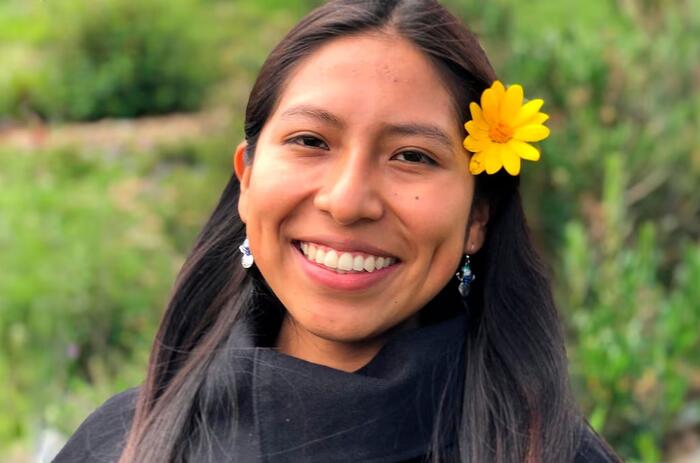
YOUNG CLIMATE PRIZE 2025 WINNERS
The World Around has announced the winners of its Young Climate Prize, a biennial mentoring and award program aimed at young people under the age of 25. Among them is young Bolivian Dayana Blanco Quiroga.
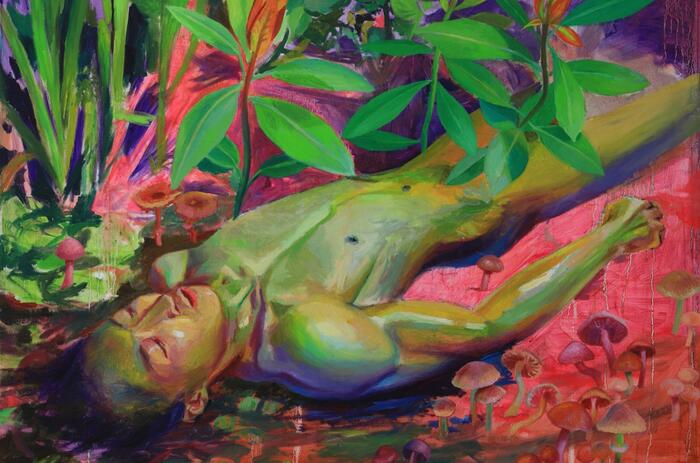
FOUR GALLERIES, FOUR LATIN AMERICAN COUNTRIES AT PINTA MIAMI 2024
The Pinta Miami 2024 edition -from December 5 to 8- presents proposals that enhance the Latin American gene. Arte al Día highlights four galleries from four Latin American countries: Petrus Gallery in Puerto Rico, Proyecto H in Spain and Mexico, Salar Gallery in Bolivia and Judas Gallery in Chile.
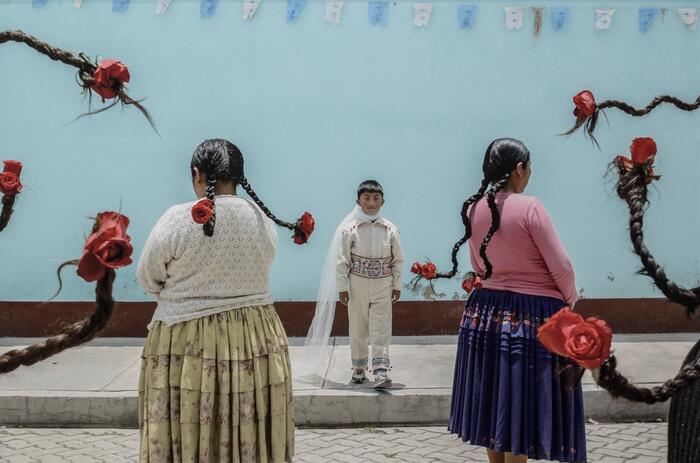
STORIES FROM THE SOUTH – THE VENICE BIENNALE TURNS AROUND ITS AXIS
Why highlight stories that often remain on the periphery of artistic discourse? Adriano Pedrosa justifies his curatorial decision with works by 331 artists -mostly from the global south- that open the way to powerful narratives. Finally, we see the axis being twisted. It is difficult to escape the white gaze, more so to move authentically through a Eurocentric space. Given this, the communicative reach of figuration serves to challenge the symbolic order of domination and destabilize the colonial project. The stories that are made explicit and the narratives of magic and everyday life help to recognize without revictimizing.
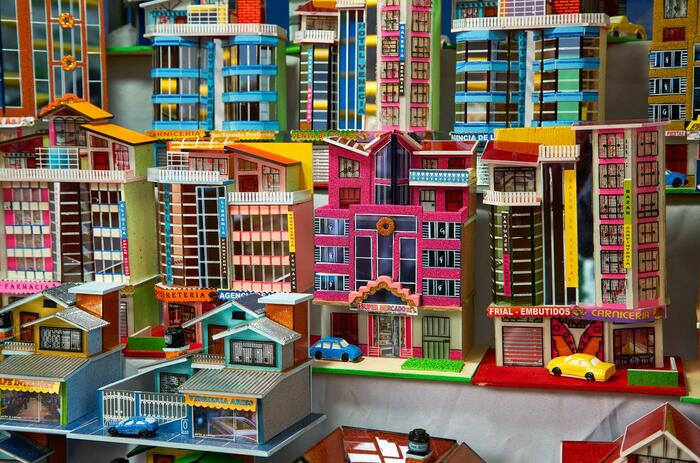
FLORENCIA BLANCO ON THE ARCHITECTURE OF FREDDY MAMANI SILVESTRI
Ch'ixifuturismo is the exhibition at Fundación Larivière that presents photographs by Florencia Blanco on Freddy Mamani Silvestri's architecture, in dialogue with works by Narda Alvarado, Tin Ayala, Iván Cáceres, Cristina Collazos, Miguel Hilari and Claudia Joskowicz, and curated by Santiago García Navarro. The exhibition includes 40 photos, a series of drawings, three videos and a film.
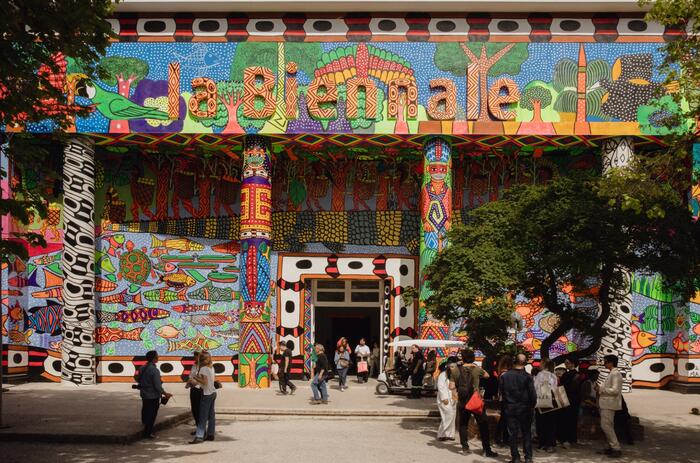
FOREIGNERS EVERYWHERE: LATIN AMERICA TAKES OVER THE VENICE BIENNALE
The exhibition of the 60th edition of the Venice Biennale - Stranieri Ovunque (Foregneirs Everywhere) - curated by Brazilian Adriano Pedrosa, presents 331 artists, significantly more than the usual number. More than a third of those artists come from Latin America.
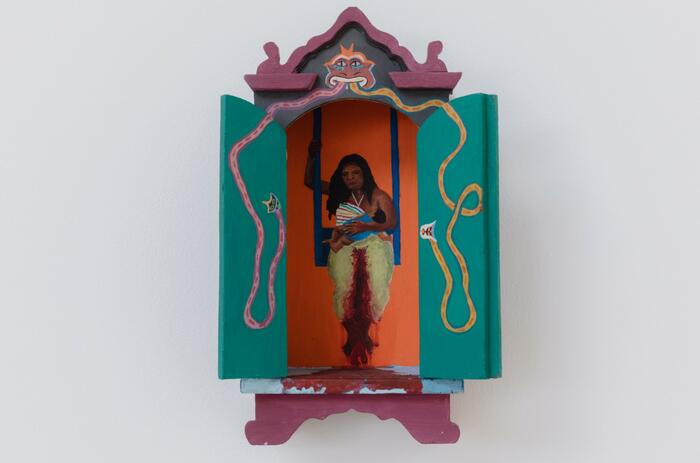
RUSSIA’S VENICE BIENNALE PAVILION WILL HOST BOLIVIA’S PROPOSAL
The Russian Venice Biennale pavilion is hosting a group exhibition of artists from South America organized by Bolivia’s Ministry of Cultures, Decolonization and Depatriarchalizing.
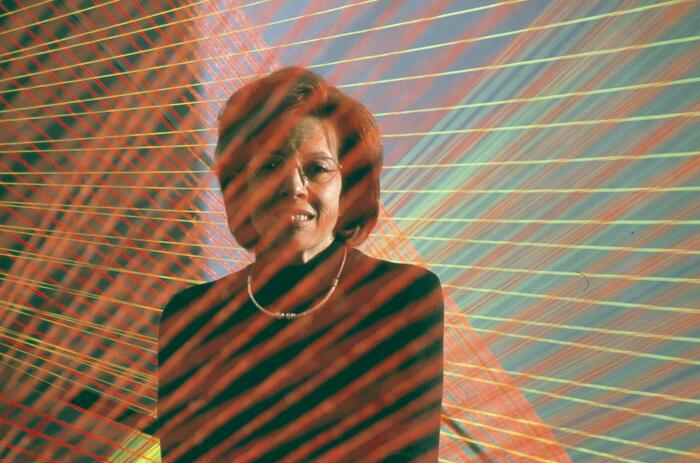
LIGIA D'ANDREA: VISUAL POETRY THAT ESCAPES FROM TWO-DIMENSIONALITY (part 2)
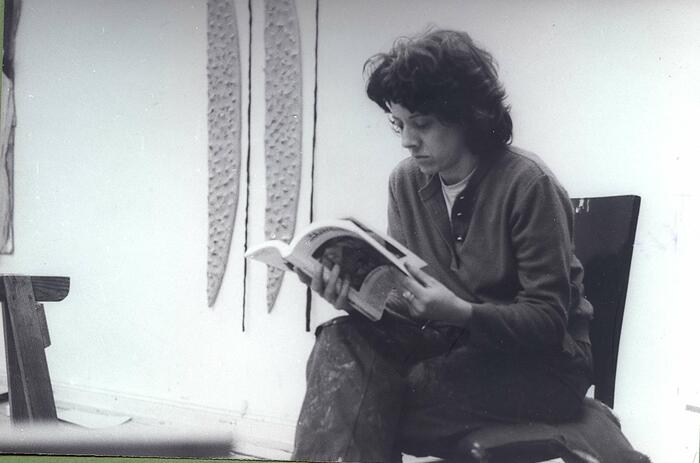
LIGIA D'ANDREA: VISUAL POETRY THAT ESCAPES FROM TWO-DIMENSIONALITY (part 1)

THE “BIENNIAL WITHOUT PUBLIC” (2020) IN SANTA CRUZ AND AN OUTLINED PATH (PART 2)
If the São Paulo Biennial in Brazil once had what was called the “Biennial of the Void” (2008), it could be said, bridging the gap, that Santa Cruz de la Sierra involuntarily experienced the “Biennial without public” (2020).

THE “BIENNIAL WITHOUT PUBLIC” (2020) IN SANTA CRUZ AND AN OUTLINED PATH (PART 1)
If the São Paulo Biennial in Brazil once had what was called the “Biennial of the void” (2008), it could be said, bridging the gap, that Santa Cruz de la Sierra involuntarily experienced the “Biennial without an audience” (2020).


